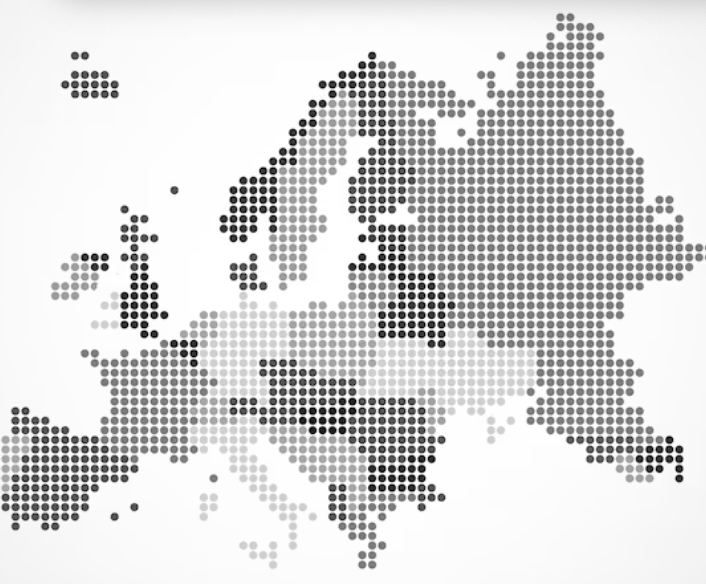$XLE $EUR $BTC
#EU #G20 #Diplomacy #Russia #GasSupplies #EnergyMarket #Vienna #Austria #Sanctions #Geopolitics #GasCrisis #Europe
Why the G20 is a pivotal indicator for the evolving diplomatic landscape of the European Union becomes evident as global events continue to put pressure on international relations. At the forum, the G20 member states, which include powerful economies such as the U.S., China, and Germany, address complex global issues that often transcend simple economic concerns. For the EU, this platform has become indispensable—not just for economic coordination but also to flex its diplomatic muscles in a rapidly changing geopolitical environment. The participation of key EU members alongside rivals and sometimes adversaries, such as Russia, underscores a new dynamic where diplomacy is continuously at play. Increasing tensions between EU nations and Russia, particularly as Russia cuts off gas supplies to countries like Austria, add even more urgency. The G20 is not just a negotiation space now, but a vital stage for the EU’s maneuvers to protect its strategic interests.
Austria’s recent experience, facing its final gas supply cuts from Russia, adds another layer of complexity to the EU’s newfound diplomatic assertiveness. The energy crisis driven by Russia’s weaponization of gas exports in Europe has forced member states, including Austria, to diversify energy sources and rethink their supply chains more urgently than ever before. Vienna, once relatively neutral in its relationship with Moscow, is now taking official action to hit back after this crucial economic link was severed. From a financial market perspective, energy stocks, particularly those in the $XLE category, might face near-term volatility due to these disruptions. Recent trends indicate Europe’s gas prices have fluctuated aggressively with each new diplomatic episode. At the same time, Austria’s heightened advocacy at forums like the G20 could send bullish signals to carbon-neutral technology markets, as nations look to accelerate the adoption of alternative energy sources.
The diplomatic severity at present is highlighting how the EU is recalibrating its relationships. Russia’s aggressive stance continues to strain traditional alliances, and Moscow’s geographical leverage over energy hurts EU economies heavily reliant on Russia’s fossil fuels. Austria’s painful experience could push the EU as a whole closer toward decoupling from volatile partnerships. Putin’s unilateral decision to weaponize natural gas has significantly accelerated the EU’s search for new alliances, both within fellow G20 representatives and sympathetic nations looking to reduce reliance on authoritarian regimes. For the Euro, symbolized by $EUR in forex markets, these developments can have both short- and long-term implications. In the short term, skittish investors may be wary of further market fluctuations within Europe, while in the long term, a pivot towards energy independence could strengthen the EU, positioning companies in energy transition sectors well for future growth.
In parallel, cryptocurrencies like $BTC and others are also receiving increased scrutiny as alternative stores of value, particularly in instances where traditional currencies and energy markets experience regional disruptions. Many analysts are starting to see that energy crises and heightened geopolitical instability make a strong case for decentralized financial systems. Market analysts have already observed increased trading volumes in crypto whenever energy risk magnifies in markets heavily tied to fossil fuel partners. As European nations deliberate integrating newer economic frameworks—both in energy and finance—the G20 stands out as a crucial venue where these conversations unfold. The brave new era of EU diplomacy is likely to influence not just geopolitical relationships but also have long-lasting effects on commodity prices, currency values, and the rise of alternative financial technologies.











Comments are closed.